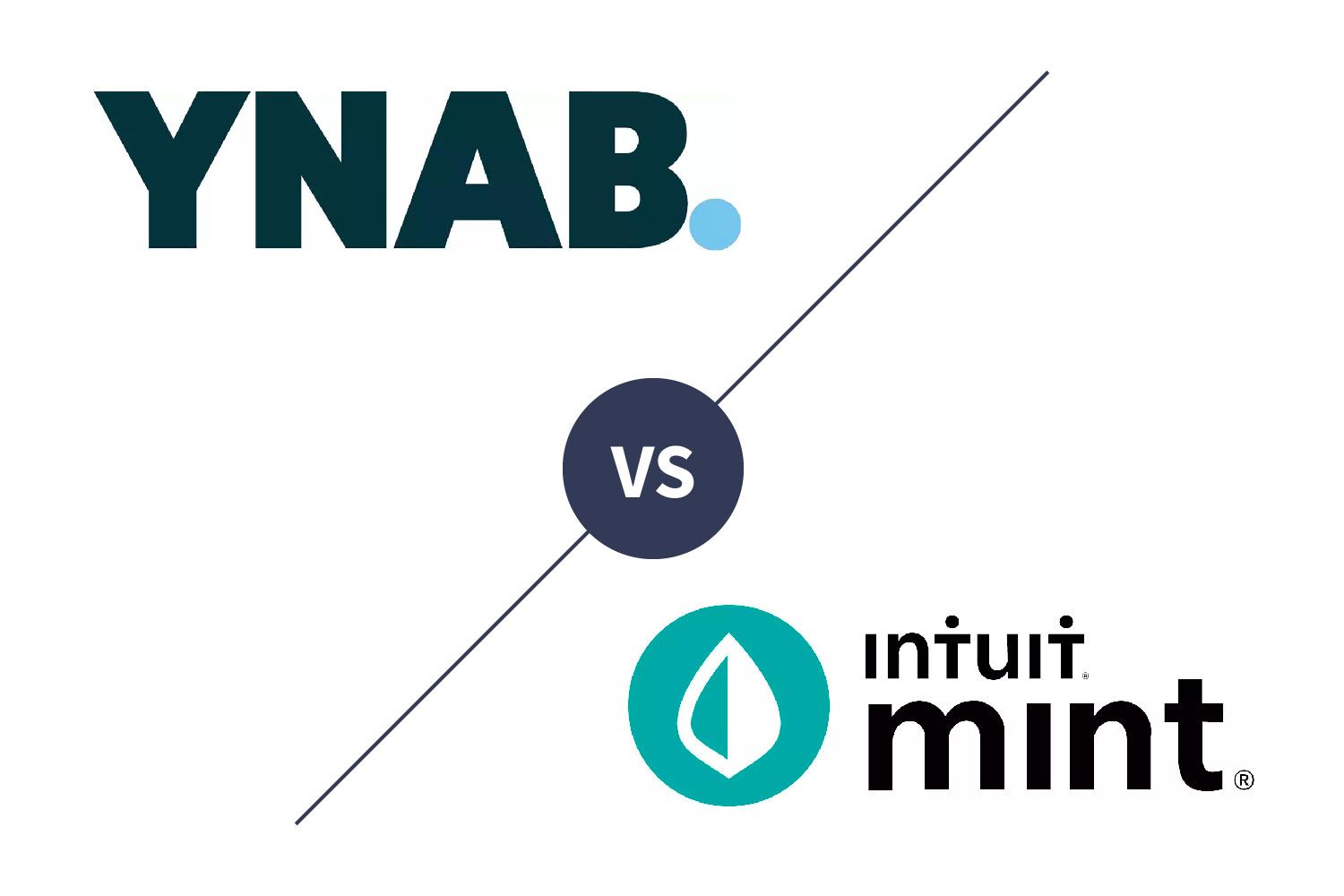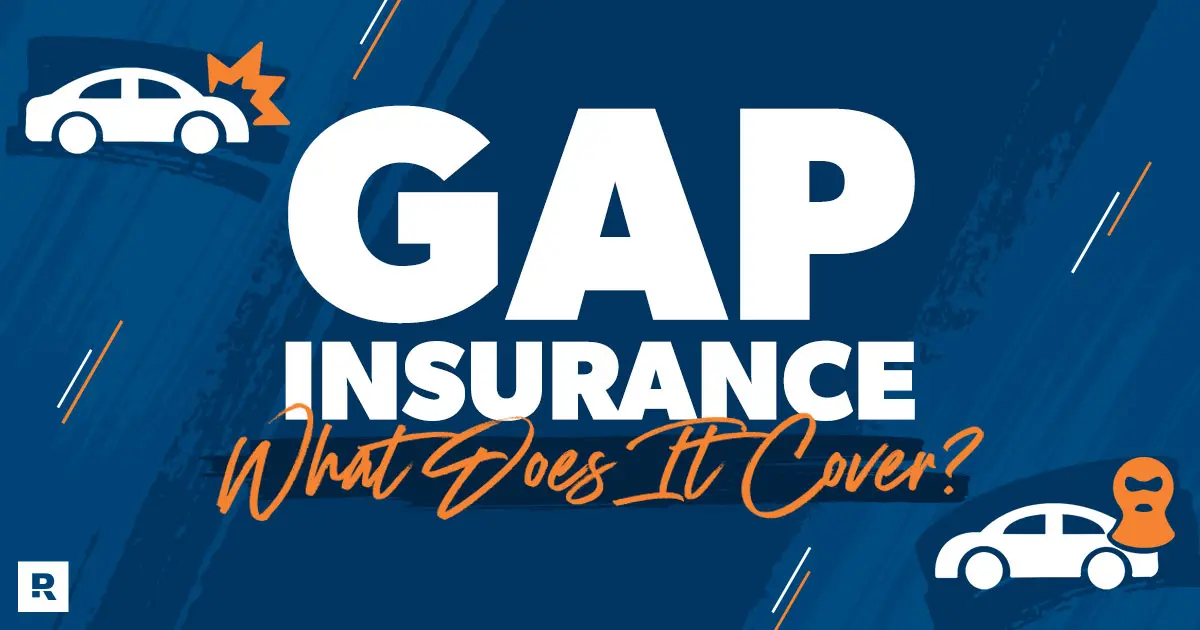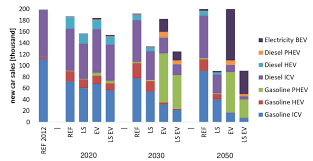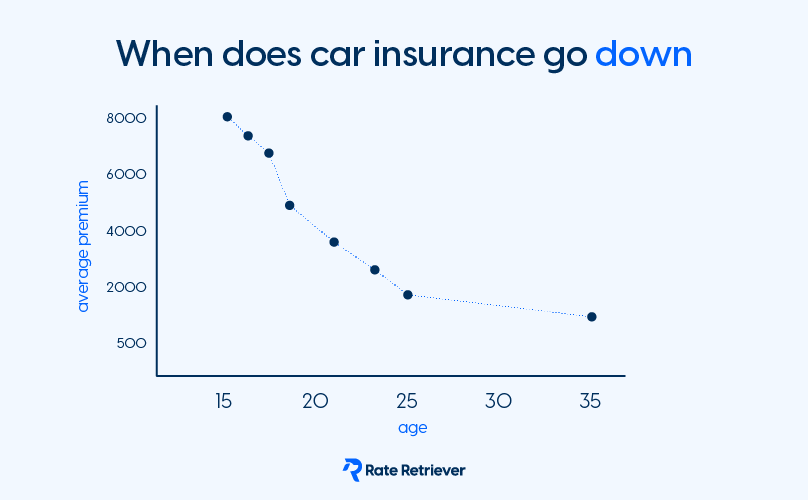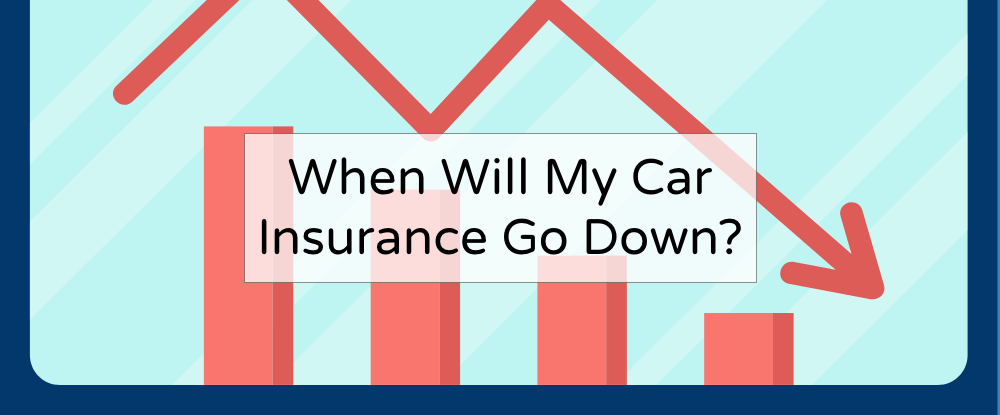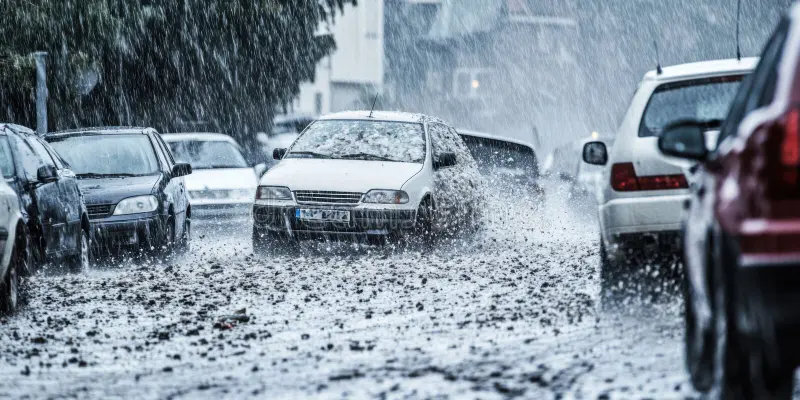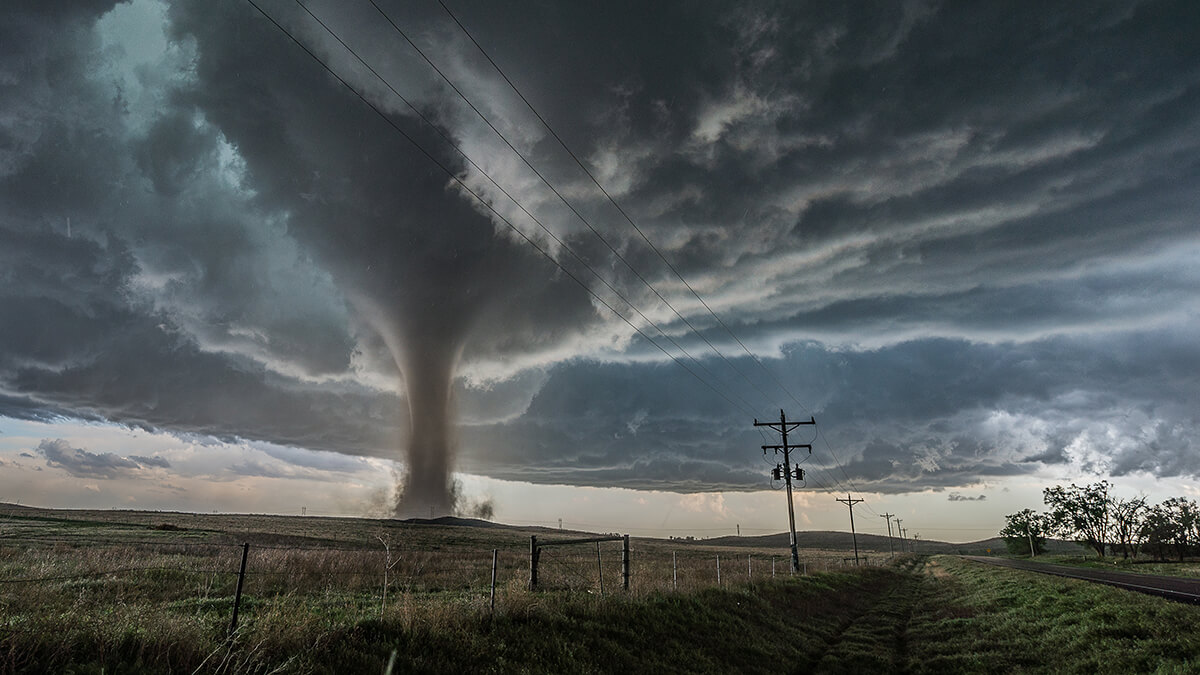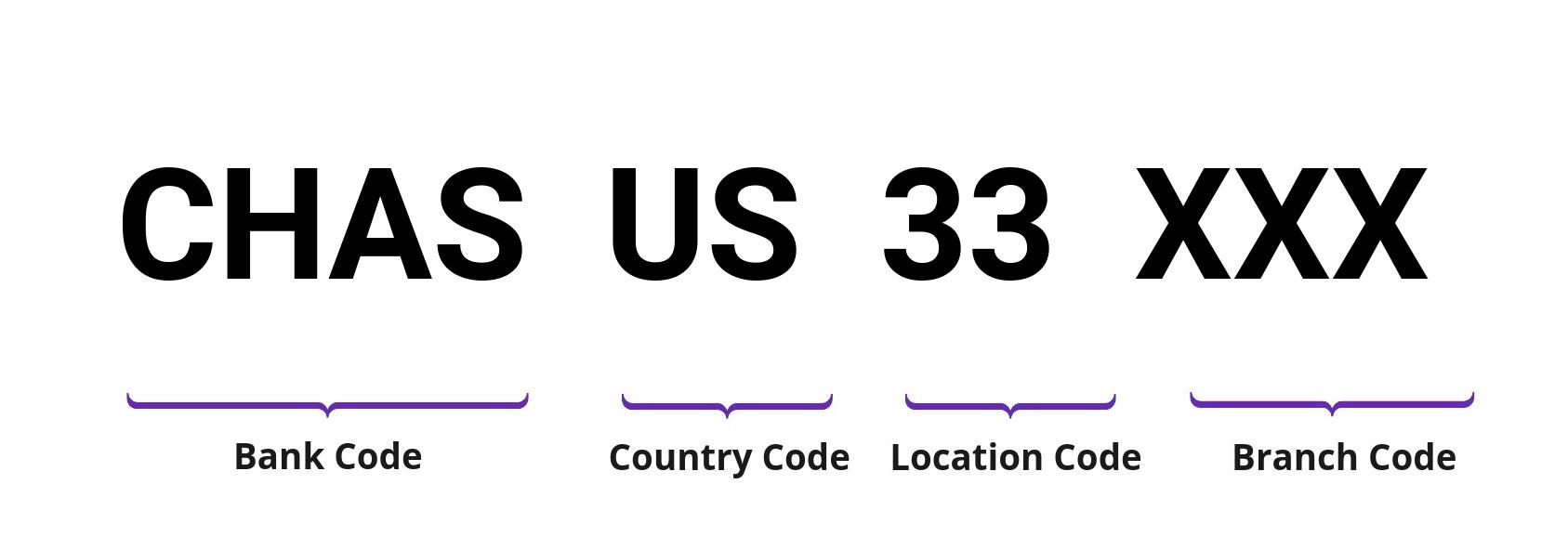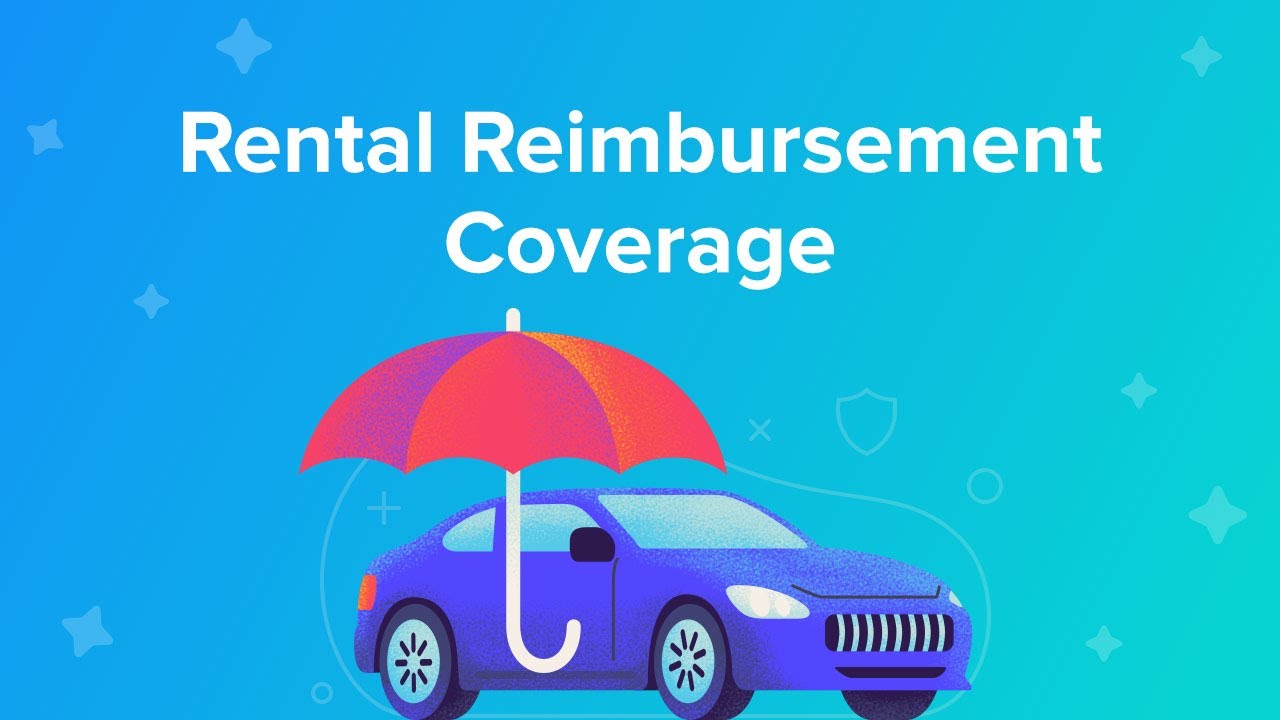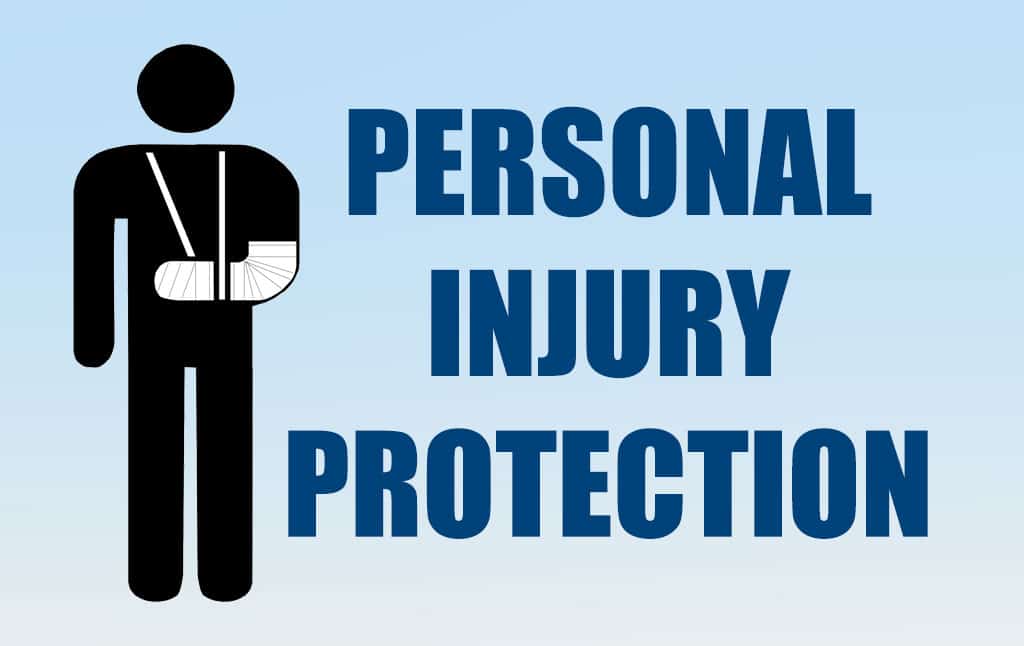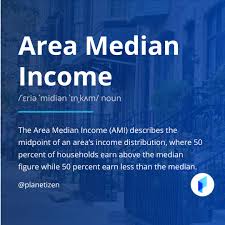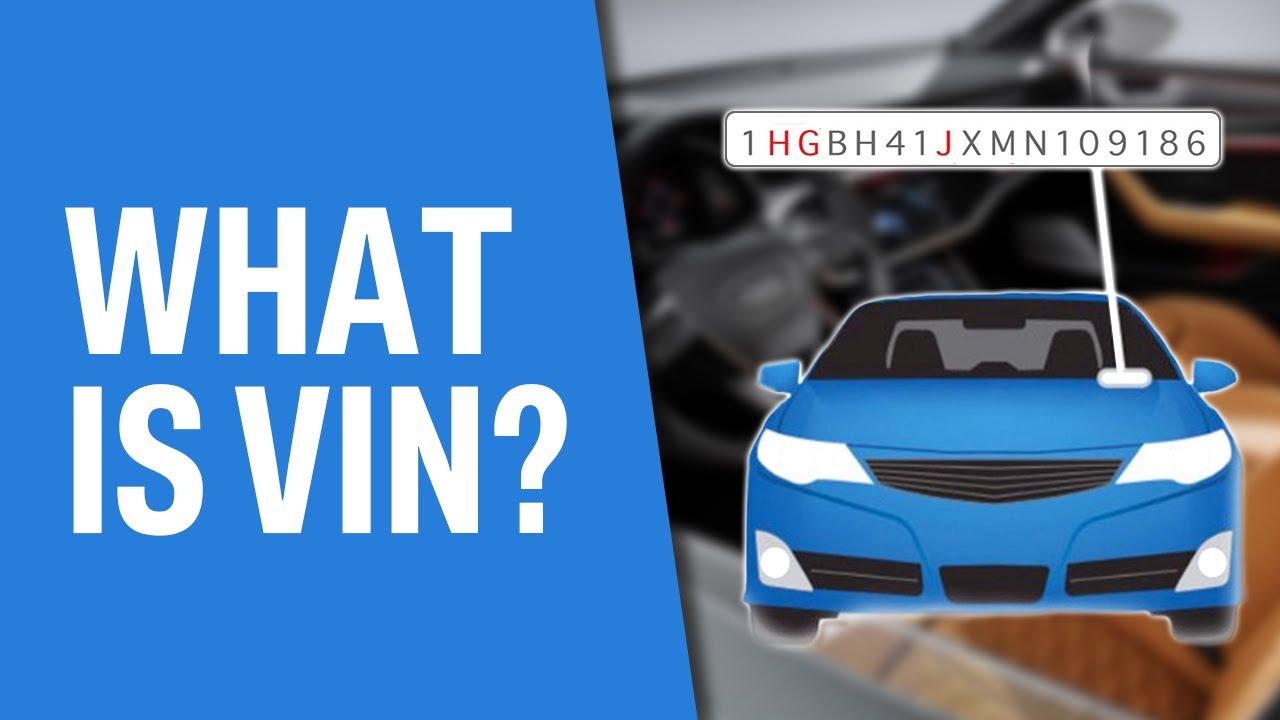We’ve all been there—life happens, accidents occur, and sometimes you end up needing to file more than one car insurance claim. But what really happens if you have multiple claims on your car insurance? Do your rates skyrocket? Can your policy be canceled? Let’s break it down in plain English so you know what to expect.
How Insurance Companies View Multiple Car Insurance Claims
Insurance companies don’t just look at one claim in isolation—they usually review your claims history over several years. So, whether you filed two claims in six months or two claims in two years, you’ll still be considered a driver with multiple claims on record.
Here’s the thing:
- Your rates may go up (sometimes even if you weren’t at fault, depending on your state and insurer).
- Your insurer can’t cancel your policy mid-term just because of multiple claims.
- But when it’s time for renewal, your insurer may choose not to renew your policy.
In other words, while you won’t be dropped suddenly, your driving history might make you less attractive to insurance providers when it’s time to shop around.
👉 For a deeper look at how insurers calculate risk, you can check out this guide from Insurance Information Institute.
Can Multiple Accidents Be Combined Into One Claim?
It’s a good question, but unfortunately, the answer is usually no.
Let’s say:
- You have a fender bender on Monday.
- Then, a few days later, a rock cracks your windshield.
Even though they happened close together, these are two separate incidents—and you’ll have to file two different claims.
Insurance companies treat each event independently, even if they occur within days of each other.
What Happens to Your Rates After Multiple Claims?
Filing several claims within a short time can make you look like a high-risk driver in the eyes of insurers. That can lead to:
- Higher premiums when you renew.
- Non-renewal of your policy (your insurer decides not to continue coverage).
- Higher rates even if you switch to another provider, because your claims history follows you.
Remember, insurers can’t base decisions on factors like race, gender, or disability. But filing multiple claims is a valid reason for them to raise your rates or decline renewal.
👉 For tips on lowering your premiums, check out Consumer Reports’ guide to saving on car insurance.
What If the Accidents Weren’t Your Fault?
Sometimes, you may need to file a claim when you’re not at fault—for example:
- Comprehensive claims (damage from storms, vandalism, or theft).
- Accidents caused by another driver.
In both cases, your insurer may still raise your rate after the first claim, depending on your state’s regulations and their internal policies.
And here’s the kicker: too many claims can still put your policy at risk, even if none of them were technically your fault.
👉 For a closer look at at-fault vs. not-at-fault claims, check out this resource from NerdWallet.
How to Avoid Multiple Insurance Claims
While you can’t prevent everything, there are steps you can take to minimize risk and reduce the need to file claims:
- Practice defensive driving to lower accident chances.
- Park in a garage or secure area to avoid vandalism and weather-related damage.
- Perform regular maintenance to prevent mechanical failures that could cause accidents.
Even small habits can go a long way in keeping your claims record clean—and your insurance costs manageable.
👉 Want to learn more about protecting your car from vandalism? Here’s a helpful breakdown from Allstate.
The Bottom Line
Having multiple car insurance claims can make you look like a riskier driver—even if you weren’t at fault. That means higher premiums, possible non-renewal, and difficulty finding cheaper coverage in the future.
The best move? Drive defensively, take preventative measures, and think carefully before filing smaller claims. Sometimes, paying out-of-pocket for minor repairs may save you money in the long run.
